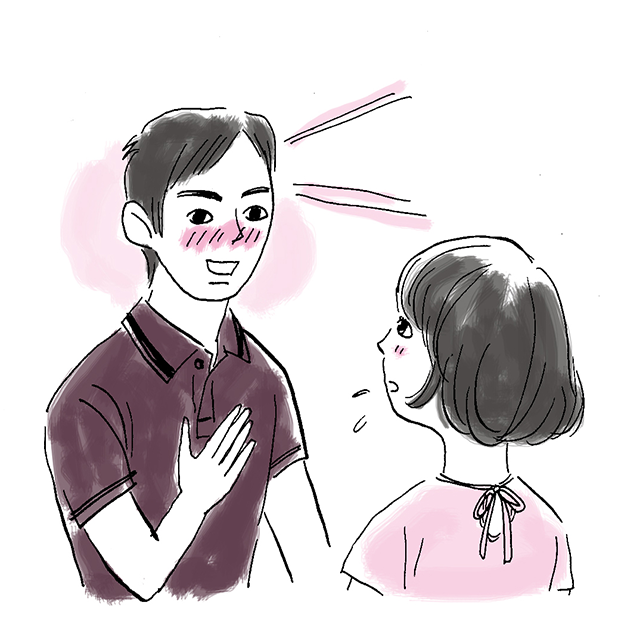Japanese Don’t Say “I Love You”

When you translate English into Japanese, there are many ways to express this. For instance, “I love you.” The conventional translation is, “Watashi wa anata o aishite imasu.” However, few Japanese actually use this expression.This is a textbook translation, but Japanese would be rather embarrassed to use these words. Rather, people use the expressions: “Anata ga suki desu,” “Kimi no koto ga suki da” and so forth.
“Suki” means “like” and “love.” Many Japanese mean “love” when they use “suki” for a person. Parents and their grown up children may say “I love you” to each other, but Japanese parents and children rarely say “aishite iru” to each other.

On the other hand, there is a word which conveys goodwill and can be used in many different situations. “Doumo” is used like “very much,” for example, “doumo arigatou.” However, even if you just say “doumo,” it means “thanks.” Furthermore, depending on the situation, “doumo” can also mean “sorry” (sumimasen). Additionally, if you say “doumo” when you meet someone after a long time, it means “doumo hisashiburi” (long time no see). At a funeral, if you say “Konotabi (this time) wa doumo” to the bereaved family, they will take these as words of condolence. “Doumo” is a convenient word, which can be used in many situations.
